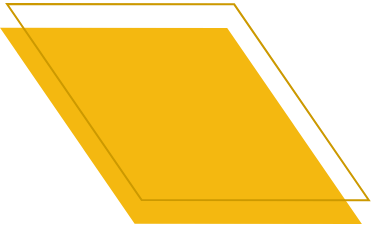Economics Major
Explore the forces that shape society and gain the analytical and problem-solving skills for careers in business, research and consulting.

In this major, you won't just learn about economic theories but also how to apply these tools to analyze issues of business, society and public policy. The economics major provides a strong foundation for careers in the business, nonprofit and government sectors as well as graduate degrees in economics, business, law and much more.
In addition to fundamental courses in microeconomics, macroeconomics and statistics, you'll take topic-focused upper-level courses of your choice ranging from urban economics to health economics to issues of gender. You also have the option to gain hands-on experience in internships and conduct independent research studies for credit.
Degree Requirements
You can view degree requirements and course descriptions for the economics major in the Undergraduate Catalog.
Suggestions for Economics Majors
It is a good idea to take the two lower-level principles courses, ECON 201 and 202 or their Honors College counterparts (ECON 203 and 204), as early as you can. Either, but not both, satisfies a University Core requirement. Following them soon with the intermediate theory courses, ECON 309 Intermediate Price Theory and ECON 310 Macroeconomic Theory, will make available 400-level courses for which they are prerequisites and increase your understanding of the 300-level electives that you choose.
If you’re interested in pursuing an advanced degree in economics, you should be aware that the field at that level is intensively mathematical. You should plan on completing ECON 401 Econometrics and ECON 451 Mathematical Economics, and math courses in calculus (MATH 273, 274, and 275) and linear algebra (MATH 463). Some top-name graduate schools require calculus and linear algebra for admission.
